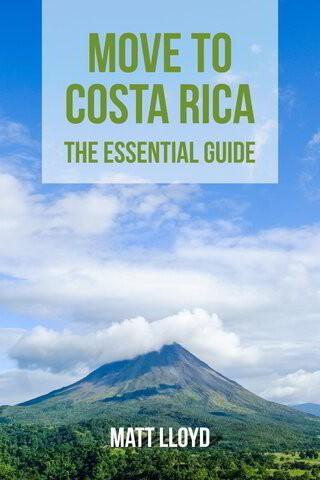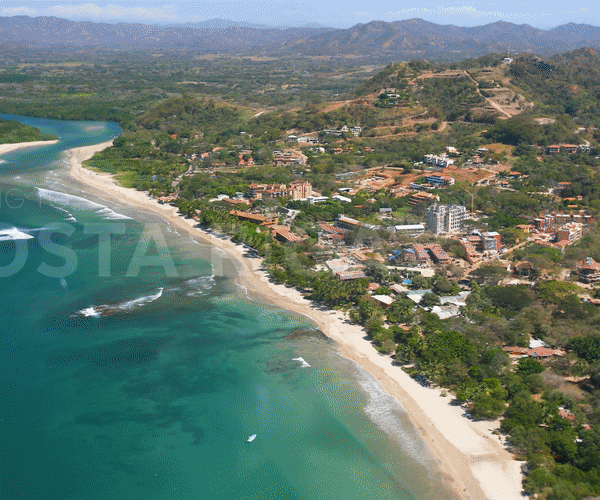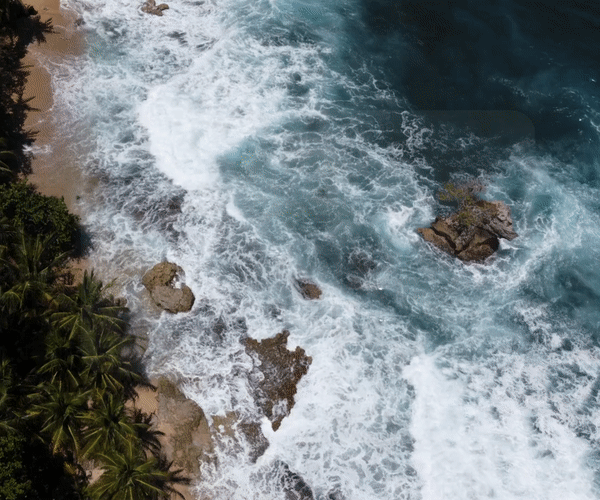COSTA RICA
Costa Rica’s Independence
LATEST ARTICLES
Accessible Costa Rica: A Guide to Ex-pat Living with Disabilities in the Land of Pura Vida
Accessible Costa Rica: A Guide to Ex-pat Living with Disabilities in the Land of Pura Vida
by Matt Lloyd in Costa Rica

If you live with a disability, you may be nervous about becoming an ex-pat in Costa Rica.
While Costa Rica is renowned for its natural beauty, warm climate, and friendly people, making it a popular destination for ex-pats worldwide, living in a foreign country can present unique challenges for those with disabilities.
To prepare for your move, there is valuable information ensuring that you can fully experience the vibrant culture and landscape of Costa Rica while addressing your accessibility needs.
Transportation

Accessible transportation options are crucial for disabled ex-pats. Thankfully, Costa Rica offers several options to cater to these needs.
• The country has an extensive public bus system connecting major cities and towns, and many urban buses are equipped with ramps and designated spaces for wheelchair users. However, planning and researching bus routes is essential, as not all buses are wheelchair-accessible.
• There are many taxis in Costa Rica, which can be a convenient way to get around. Some taxi companies offer specially adapted vehicles for individuals with mobility impairments. It is advisable to book an accessible taxi in advance to ensure availability.
• Renting a car can provide more freedom and independence for disabled ex-pats. Several car rental agencies offer adapted vehicles with hand controls and other accessibility features. International driving permits are accepted, but you must familiarize yourself with local driving regulations.
Public Building Accessibility

Costa Rican law mandates that public facilities be accessible to individuals with disabilities, though the level of accessibility can vary.
Most government buildings, including immigration and post offices, are wheelchair-accessible, and service animals are generally permitted.
Costa Rican hospitals and healthcare centers are required to provide access to people with disabilities. Many facilities have ramps, elevators, and accessible restrooms.
*NOTE— Research the specific healthcare provider you’re interested in to ensure they meet your accessibility needs.
Cultural and tourist attractions, such as museums, theaters, and galleries, have made efforts to accommodate disabled visitors. Some attractions offer discounted entry fees or free admission for disabled visitors and their companions.
It is recommended to contact venues in advance to confirm their accessibility features and any potential restrictions.
Education and Support
Access to education and language learning opportunities is essential for disabled ex-pats to integrate into Costa Rican society. Many language schools in Costa Rica offer Spanish courses for foreigners, with some providing accessibility features for disabled students. Therefore, it is essential to research and contact language schools to ensure they can accommodate your specific needs.
If you are moving to Costa Rica with children who have disabilities, it is crucial to find schools that offer inclusive education.
Some international schools in Costa Rica provide support services and accommodations for students with disabilities. Research and communicate with potential schools to ensure they can meet your child's educational needs.
Here is a partial list of some international schools providing education and support to children with learning and physical disabilities.
Leisure and Recreation

Costa Rica's natural beauty and recreational activities are a significant draw for ex-pats. However, ensuring these activities are accessible to people with disabilities is essential.
Some of Costa Rica's beaches have made efforts to be more accessible, providing features such as ramps, beach wheelchairs, and accessible restrooms. Researching and contacting beach destinations is crucial to confirm their accessibility features.
Costa Rica offers adaptive sports and recreational activities for people with disabilities, including adaptive surfing, wheelchair basketball, and accessible hiking trails.
Organizations such as the Costa Rican Adaptive Sports Association (ACRADES) promote and provide opportunities for people with disabilities to engage in sports and recreational activities.
A Final Thought
Costa Rica is an increasingly accessible destination for disabled ex-pats, offering services, facilities, and support systems to ensure a comfortable and fulfilling life.
However, if you have a disability, please conduct thorough research to navigate the country's unique challenges effectively. By proactively addressing your accessibility needs, you can fully embrace the "Pura Vida" lifestyle and enjoy the natural beauty, rich culture, and warm hospitality that Costa Rica offers.
All are welcome.
About The Author
Matt Lloyd runs a hotel in Costa Rica since 2016. He's based on the Pacific Coast side of the country, outside the town of Jaco.
If you'd like to discuss options for moving to Costa Rica with me on a phone call, you can book a free 30-minute session here.





